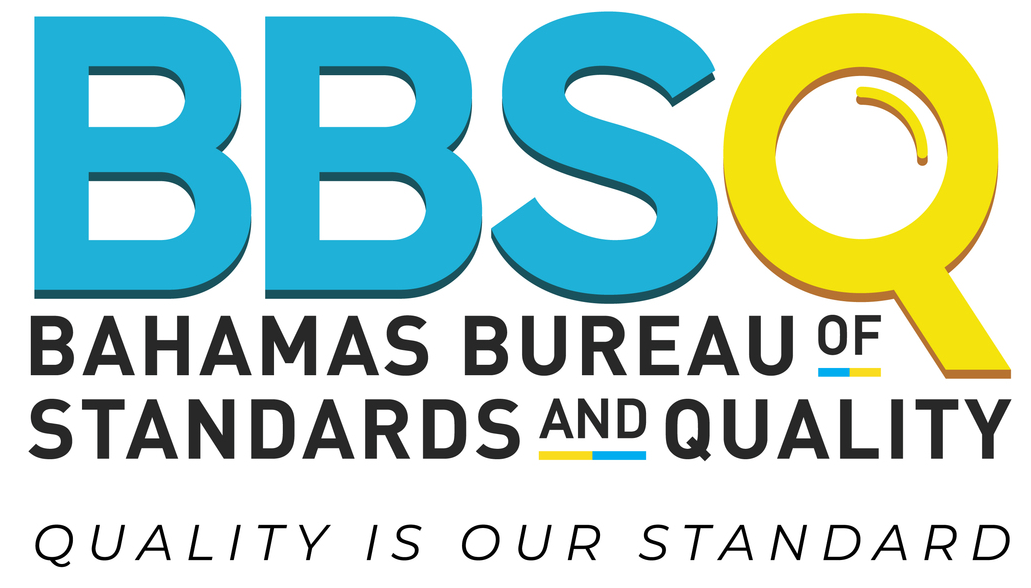If you are interested in Standards not shown above, visit ISO.org for a full list of standards. We can order on your behalf, complete the order form for standards you want.


The Source River Centre,
1000 Bacardi Road,
P. O. Box N-4843,
Nassau, N.P.,
The Bahamas
info@bbsq.bs
+1 (242) 362-1748 – 55


